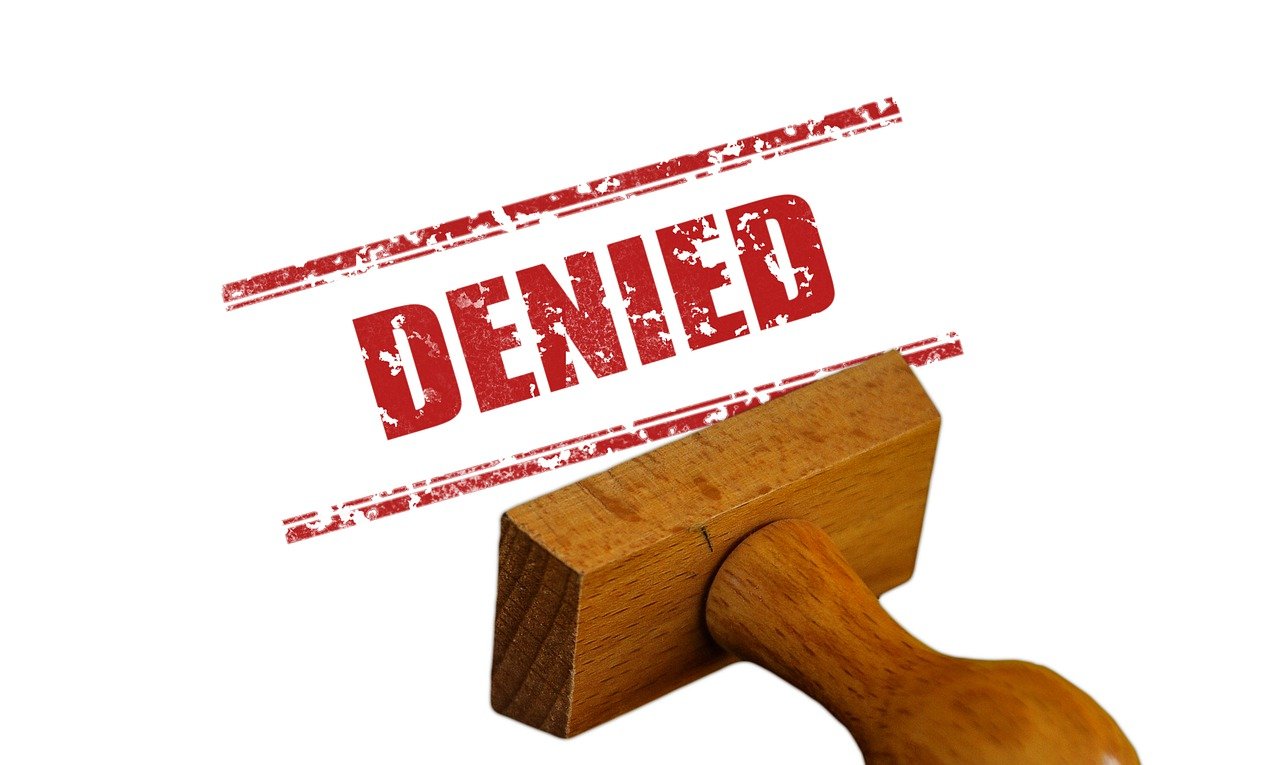
Being denied by a mortgage lender can be disheartening. There are many reasons as to why a mortgage lender may decide to reject an application from a poor credit score to an unstable job history. Below are some of the ways in which you can reduce the chance of having your application rejected.
Save up a decent down payment
Some mortgage lenders may advertise the fact that they accept 3% or 2% down payments. However, what they don’t tell you is the fact that every other part of your personal profile needs to be immaculate. This could mean having a good income, few debts, a high credit score and a stable career.
Being able to put down a 5%, 10% or even 20% down payment could drastically improve your odds. A lender may be more willing to overlook debts or a low-to-average credit score if you can put a lot of money down upfront. Consider whether you’re able save up a little bit extra.
Sort out your finances
Mortgage lenders typically look at your last six months of financial history to determine if they are willing to lend to you. If you’ve missed bills, taken out loans or had family members help you out with payments within this time, you may find it harder to get approved.
Before applying for a mortgage, consider getting yourself financially prepared for the six months beforehand. Dipping in and out of an overdraft or using a credit card is generally acceptable, but you should try to avoid taking on any other debts or borrowing money from people. Anything previous to six months will generally not be checked.
Fix your credit score
A bad credit score could get you rejected. A lot of things can impact your credit score – one major aspect is your ability to pay bills on time.
By making every bill payment on time you can start to rebuild your credit score, however this could be slow. Credit builder schemes may be able to repair your credit score faster – your bank may be able to offer such a scheme.
Don’t switch jobs
Mortgage lenders like to know that your income will be secure in the future so that you will be able to make future payments. Switching jobs within the last six months – especially to a lower paid job – could be seen as a red flag.
Unless you’re having to get a new job because you’re relocating somewhere, try to keep the same job for at least six months before applying. If you’re self-employed, you may need two years proof of stable income.
Choose the right lender
Not all lenders are equally as scrupulous or demanding. In fact, there are a growing number of lenders such as Change LLC that are dedicated to offering greater accessibility. If you’ve got certain concerns about your financial history or are worried that you may be discriminated against in some way, it could be worth looking for one of these lenders.
Some lenders may also specialize in certain serving customers of certain ages, customers in certain locations or even customers buying certain properties. Consider this when applying to a mortgage and it could also increase your chance of being approved.
Make sure your chosen property is mortgage-worthy
If you’re buying a property as a home, the property needs to be in good condition so that it’s livable. A mortgage lender may also fail to approve your mortgage if your home is in an area prone to natural disasters or in an area that is fast depreciating.
There are lenders that may not be quite as scrupulous about such properties, so bear this in mind. A home inspection can sometimes be worth conducting to determine whether a home has problems which a) may cost you a lot of money in repairs in the future and b) affect your ability to get approved.
Photo Credit: Pexels. CCO Licensed.


